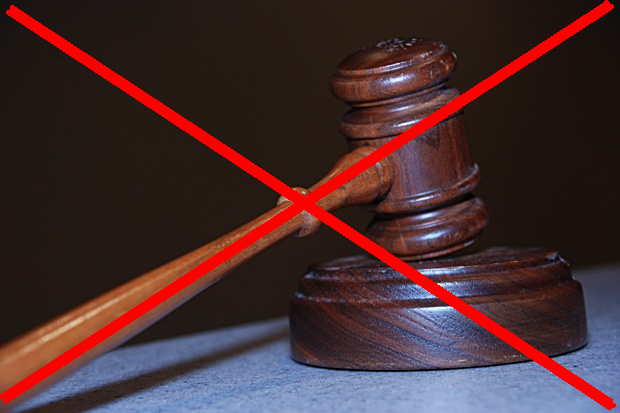eDiscovery Case Law: A Pennsylvania Court Conducts Its Own Social Media Relevancy Review
eDiscovery Case Law: A Pennsylvania Court Conducts Its Own Social Media Relevancy Review https://cloudnine.com/wp-content/themes/cloudnine/images/empty/thumbnail.jpg 150 150 CloudNine https://cloudnine.com/wp-content/themes/cloudnine/images/empty/thumbnail.jpg
Pennsylvania seems to be taking the lead in setting social media discovery precedents, as evidenced by this case summarized on eDiscovery Daily earlier this week. In this case, a Pennsylvania court agreed to review a plaintiff’s Facebook account in order to determine which information is subject to discovery in a case relating to the plaintiff’s claim of injury in a motor vehicle accident.
read more




